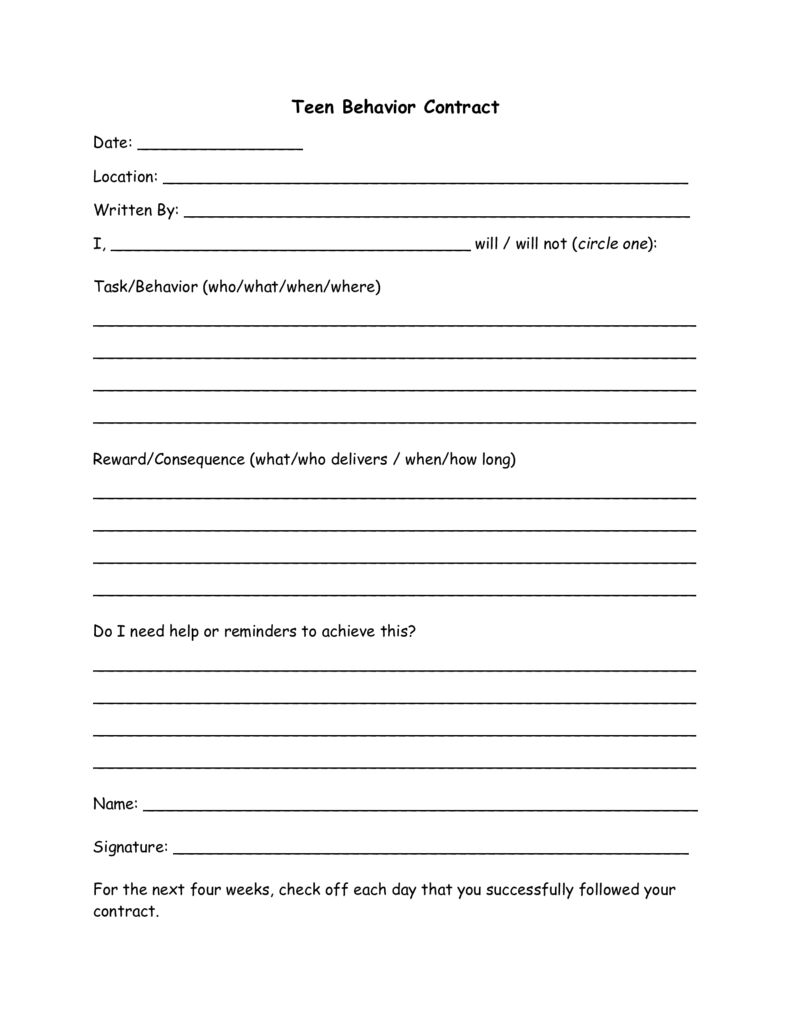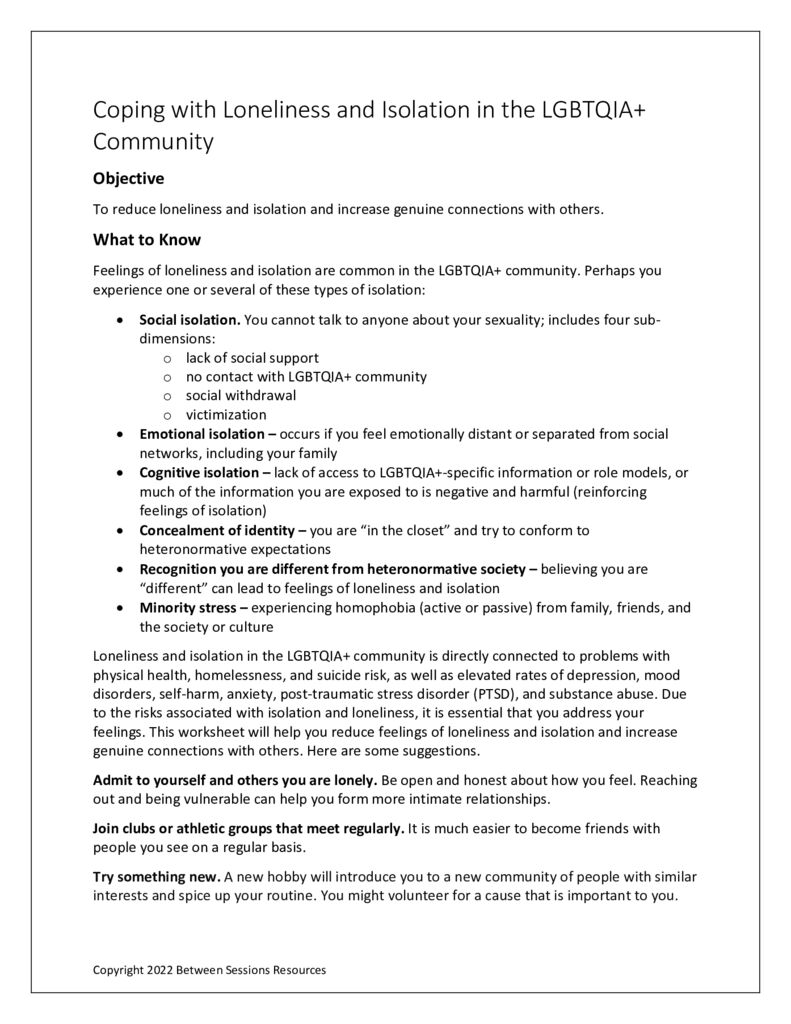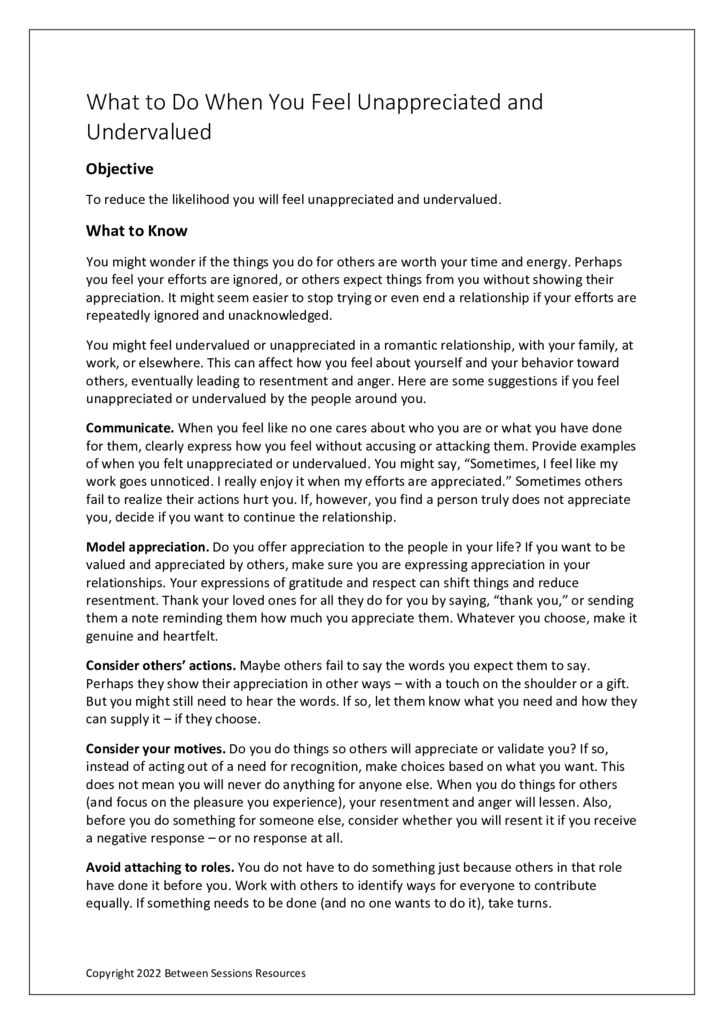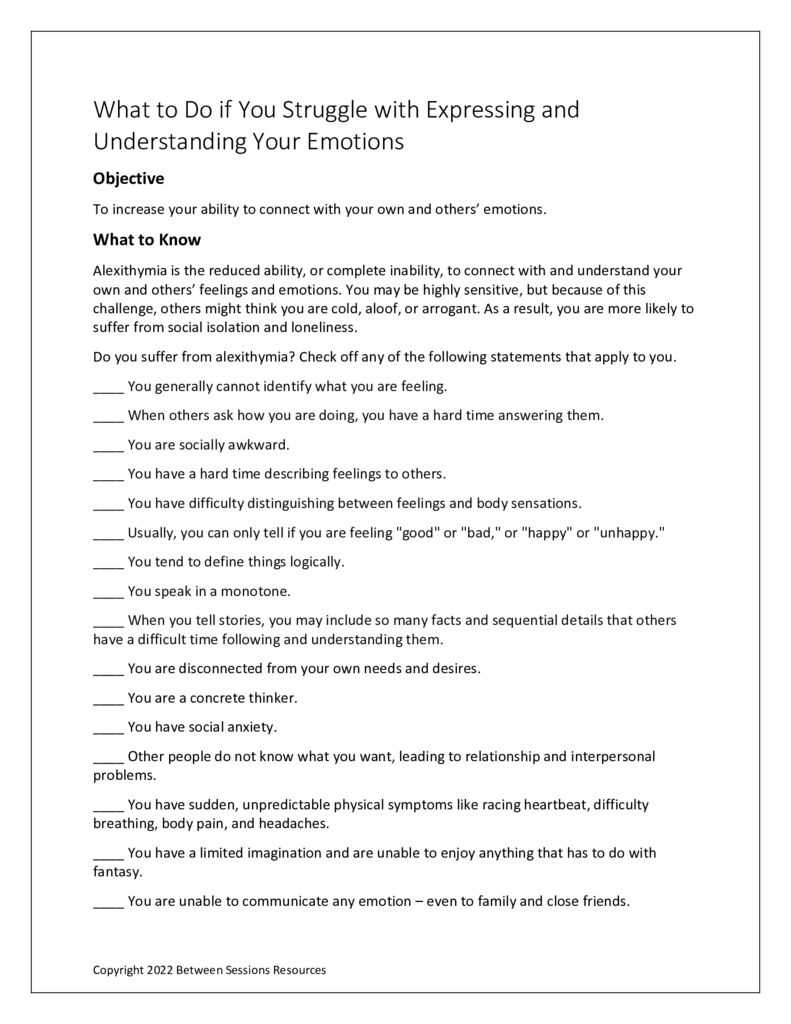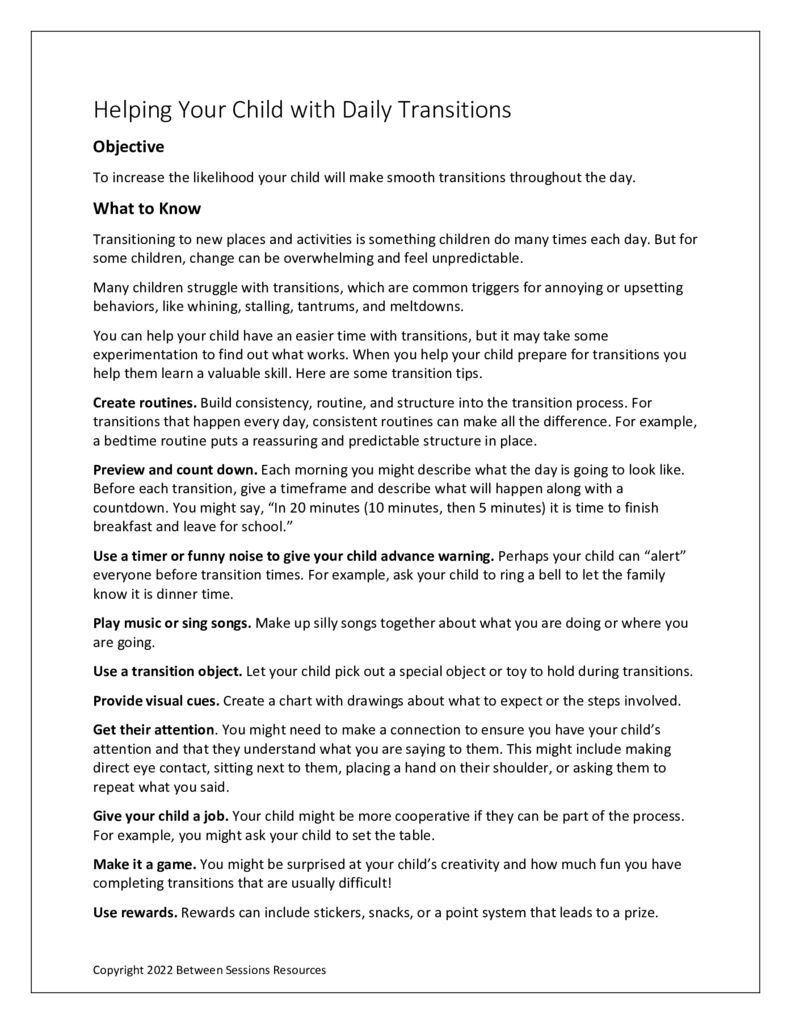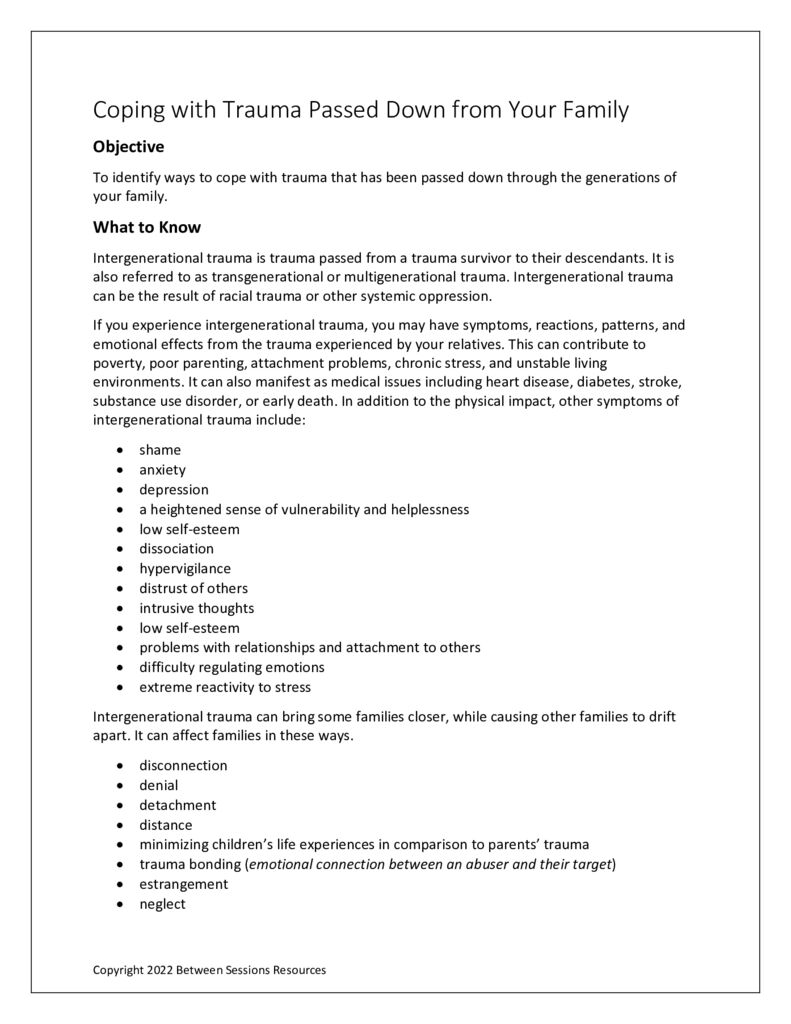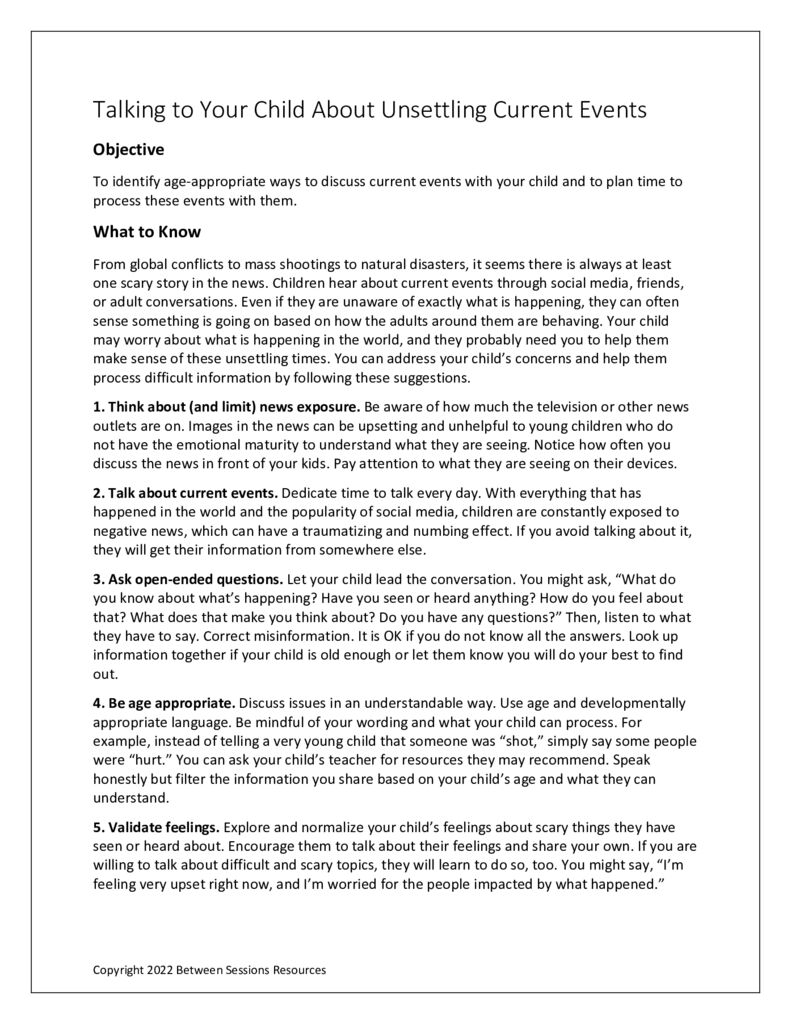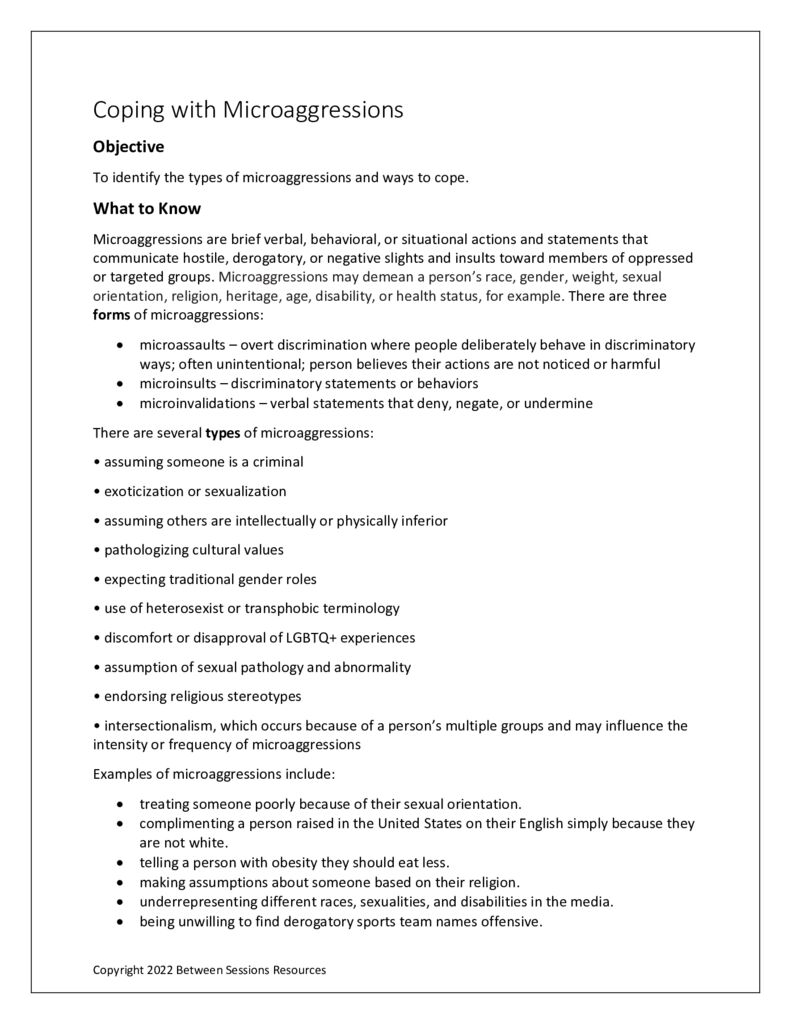Studies tell us that when professionals prescribe therapeutic homework, clients report significantly better outcomes. Our worksheets are derived from evidence-based therapies, and they are designed by experienced professionals. Use the navigation links on the left of this page to view tools in a specific category. Or use the search box at the top of this page to find the exact tool you are looking for.
To modify the tools, click the ‘Send to Client’ button by each tool to open the Psychology Forms Filler. You can then edit the tool as you see fit and either print it out or send it to a client to be filled out online. Click here for a tutorial on using the Psychology Forms Filler.
If you can’t find what you are looking for on this site, please let us know by
clicking here and our team of writers, graphic artists, and therapists will custom-design it for you.
This behavior contract identifies tasks/behaviors that a teen will work on, rewards/consequences, and a behavioral chart to track progress. (0622, behavior, contract)
This worksheet is designed to help people in the LGBTQIA+ community learn tools to deal with loneliness as a result of concealment of identity, minority stress, social isolation, and more. The worksheet gives concrete suggestions on how to connect with others as well as how to deal with problems that are often associated with loneliness. (0622, loneliness, social isolation, LGBTQIA+)
This worksheet is designed to help people who feel that others are not acknowledging their efforts to be helpful on an ongoing basis. It provides a dozen suggestions on what people can do to feel better about themselves and those around them. The worksheet is designed to help people think about why feeling appreciated is important to them and how they can get the appreciation they seek. (0522, social skills, relationships, marriage, parenting)
This worksheet is designed to help people if they have alexithymia, “the reduced ability to connect with and understand your own and others’ feelings and emotions.” A checklist is given to help people identify whether they have this problem and if it might be an underlying cause of other struggles. The worksheet gives three steps to help people learn to identify and express their feelings plus techniques on how to practice these steps. (0522, emotions, emotional regulation, emotional intelligence, communication)
This worksheet is designed to help parents of children who have a difficult time with daily changes that triggers tantrums, whining, and meltdowns. Twelve practical suggestions are listed for parents to try, including: making transitions a game, using positive reinforcement, and providing a transition object to teach kids self-soothing. A chart is provided to help parents keep track of which activities are most effective. (0522, parenting, ASD, Autism, ADHD, inflexible, behavior problems)
This worksheet is designed to help people affected by intergenerational trauma. It explains how this trauma can occur and how it can affect people. Suggestions are given as to how to overcome the stress of this type of trauma. (0522, trauma, PTSD, family therapy, racism, survivors)
This worksheet is designed to people who find themselves suddenly facing the challenges of a serious illness or disability. The worksheet gives people a dozen coping strategies as well as questions for people to think about and a chart to keep track of what strategies helped most. (0822, illness, disability, coping, health concerns)
This worksheet is designed to help people examine biases and prejudice towards groups of people. The worksheet suggests how to be aware and challenge biases using a 5-step P.A.U.S.E. Technique. (0522, bias, minority groups, prejudice, attitudes)
This worksheet is designed to help parents (and other adults) talk to children about current events that are upsetting to all of us such as mass shootings, natural disasters, war, and so on. The worksheet gives parents 13 tips on talking to children about difficult things and a chart for parents to keep track of these discussions as well as the outcome. (0522, parenting, news, stress, social media)
This worksheet is designed to help people deal with “microagressions, ” brief verbal, behavioral, or situational actions and statements that communicate hostile, derogatory, or negative slights and insults toward members of oppressed or targeted groups. Microaggressions may demean a person’s race, gender, weight, sexual orientation, religion, heritage, age, disability, or health status. The worksheet describes a process on how people can think about and react to microaggressions. (0522, prejudice, discrimination, diversity, aggression)

